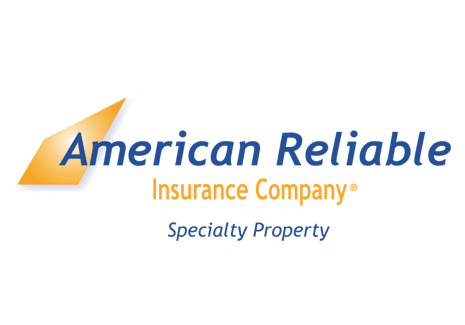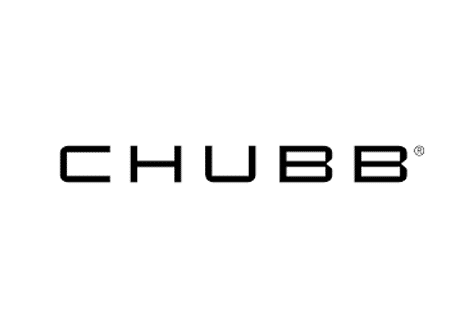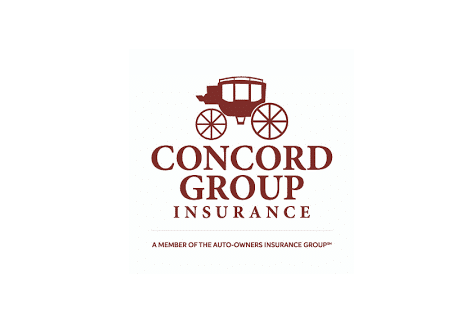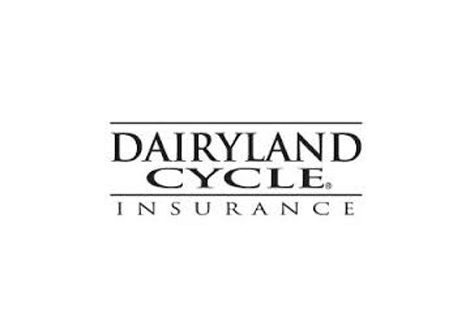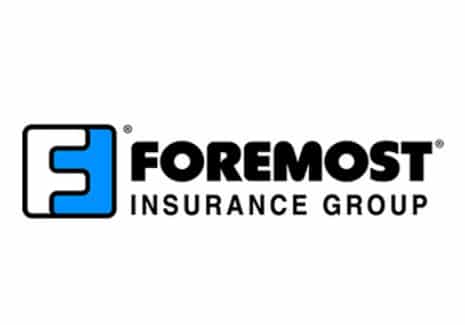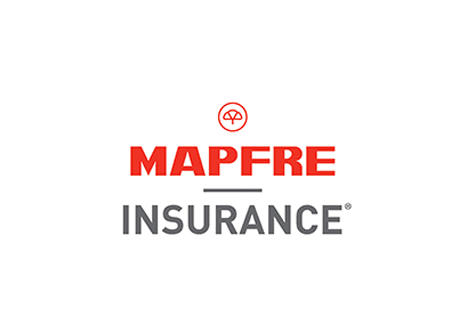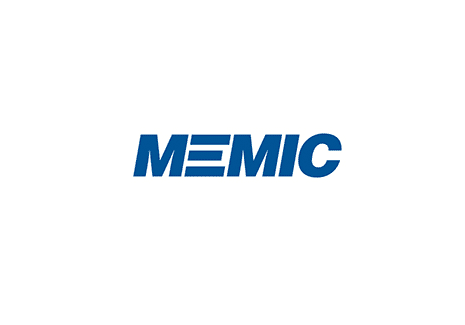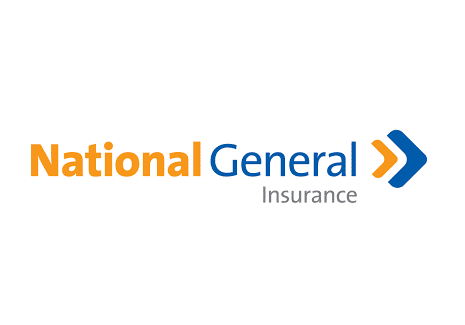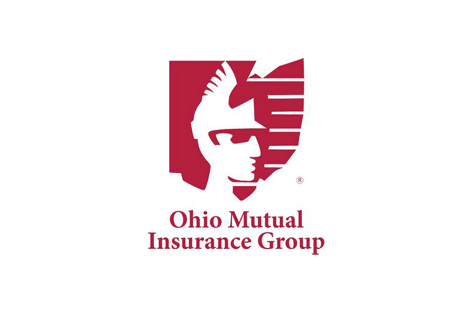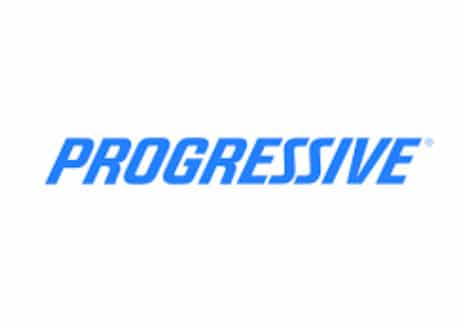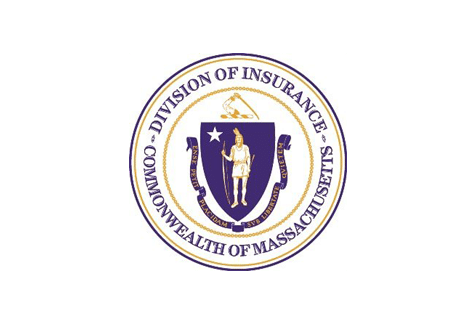Vacation Home Insurance in Maine
Allen/Freeman/McDonnell Agency
Vacation Home Insurance
- What Is It?
- Who Needs It?
- Coverages Offered
Vacation home insurance is a type of homeowners insurance designed to protect your second home, whether it's a cabin in the woods, a beach house, or a cottage by the lake.
If you own a second home, or vacation home, you may need vacation home insurance to ensure your adequately covered.
- Dwelling Coverage
- Liability Coverage
- Loss of Use Coverage
What is vacation home insurance?
Vacation home insurance is a type of homeowners insurance designed to protect your second home, whether it’s a cabin in the woods, a beach house, or a cottage by the lake. Unlike your primary residence, a vacation home faces different risks, such as extended periods of vacancy or the potential for renters or guests to cause damage. This type of insurance is essential because it covers the unique risks associated with owning a property that isn’t your primary residence.
What coverage options are available for vacation home insurance in Maine?
When it comes to vacation home insurance in Maine, several coverage options are available to protect your property. These include:
- Dwelling Coverage: This provides protection for the physical structure of the vacation home, including the walls, roof, and foundation, against damage from covered perils like fire, windstorms, hail, and vandalism. It ensures that if the home is damaged or destroyed, the policy will cover the cost of repairs or rebuilding.
- Personal Property Coverage: This coverage protects the contents of the vacation home, such as furniture, appliances, electronics, and personal belongings, against loss or damage from covered events. It typically includes items kept in the home for personal use.
- Liability Coverage: Liability coverage protects the homeowner if someone is injured on the property or if the homeowner is found legally responsible for causing damage to someone else’s property. It covers legal expenses, medical bills, and potential settlements or judgments up to the policy limits.
- Loss of Use Coverage: Also known as additional living expenses, this coverage provides reimbursement for temporary housing and living expenses if the vacation home becomes uninhabitable due to a covered peril. It covers costs like hotel stays, meals, and other necessary expenses while the home is being repaired or rebuilt.
- Detached Structures Coverage: This covers structures on the property that are not attached to the main dwelling, such as garages, sheds, or gazebos. It provides protection against damage or loss due to covered perils.
Request A Quote
What are the common exclusions in a vacation home insurance policy?
Vacation home insurance policies typically come with certain exclusions that you should be aware of to avoid unexpected out-of-pocket expenses. Common exclusions may include:
- Flooding: Most standard vacation home insurance policies do not cover flood damage. You would need to purchase a separate flood insurance policy if your home is at risk of flooding.
- Earthquakes: Earthquake damage is usually excluded from standard policies, especially in regions not prone to seismic activity. If your vacation home is in an area at risk for earthquakes, consider adding earthquake insurance.
- Wear and tear: Insurance policies generally do not cover damage resulting from normal wear and tear, such as aging roofs, plumbing leaks, or deteriorating foundations. Regular maintenance is essential to prevent such issues.
- Neglect: If damage occurs due to neglect or failure to maintain the property, your insurance claim may be denied. This includes damage caused by not properly winterizing your vacation home or leaving it unoccupied without adequate security measures.
- Mold: Mold damage is often excluded unless it results from a covered peril, such as water damage from a burst pipe. Even then, there may be limits on the amount of coverage available for mold remediation.
What factors affect the cost of vacation home insurance in Maine?
The cost of vacation home insurance in Maine can be influenced by several factors, including:
- Location of the Property: The geographical location of the vacation home plays a significant role in determining insurance costs. Homes in areas prone to natural disasters like hurricanes, floods, or severe winter weather may have higher premiums due to increased risk.
- Property Value: The replacement cost of the vacation home, including the value of the structure and any detached structures like garages or sheds, affects the insurance cost. Higher-value properties generally require more coverage, resulting in higher premiums.
- Construction Type and Materials: The construction type, materials used, and age of the home can impact insurance costs. Homes built with fire-resistant materials or those recently renovated to meet current building codes may have lower premiums. Older homes or those made from less durable materials might be more expensive to insure.
- Usage and Occupancy: How frequently the vacation home is occupied can affect insurance rates. Homes that are used seasonally or left vacant for extended periods may have higher premiums due to increased risk of damage going unnoticed or break-ins.
- Security Features: The presence of security features such as alarm systems, surveillance cameras, deadbolts, and gated access can reduce the cost of vacation home insurance. These features lower the risk of theft and vandalism, which insurers consider when calculating premiums.
- Proximity to Emergency Services: The distance of the vacation home from fire stations, police departments, and other emergency services can influence insurance costs. Homes located further from these services may have higher premiums due to the increased response time in the event of an emergency.
- Flood Zone Designation: Homes located in designated flood zones or near bodies of water may require additional flood insurance, increasing the overall cost of coverage. Flood insurance is often mandatory for homes in high-risk areas, impacting the total insurance expense.
- Policy Deductibles and Coverage Limits: Choosing a higher deductible can lower the premium cost, while lower deductibles increase it. The coverage limits selected for personal property and liability also affect the insurance cost.
- Claims History: The claims history of both the property and the homeowner can impact insurance premiums. A history of multiple claims or recent claims can result in higher rates due to the perceived increased risk.
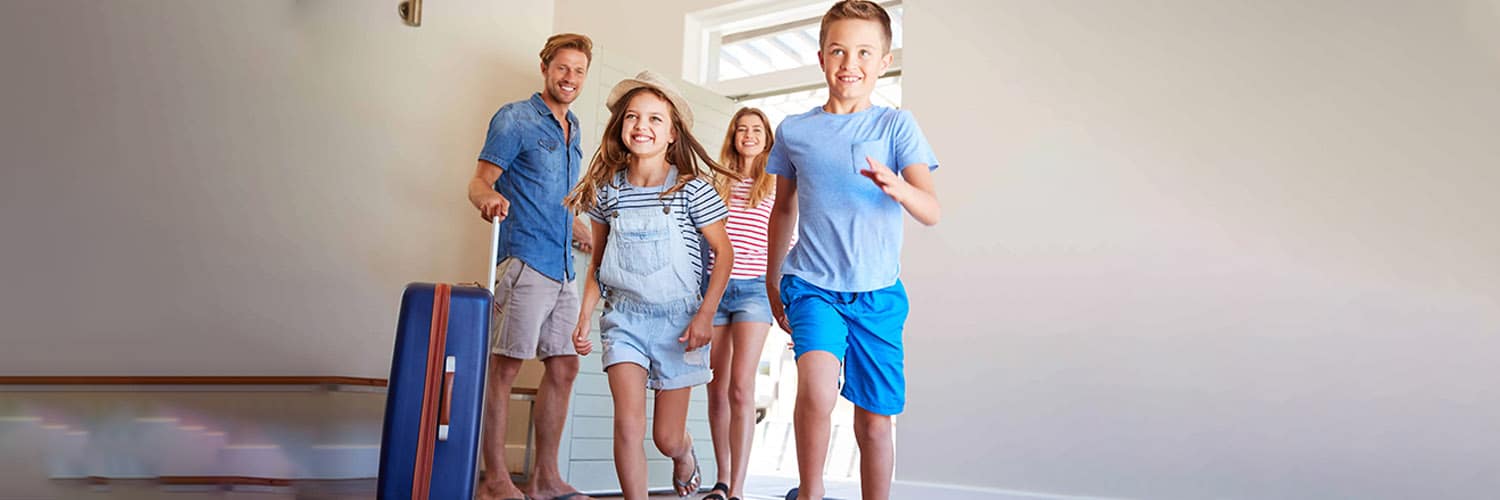
How does vacation home insurance differ from second home insurance?
Vacation home insurance and second home insurance are terms often used interchangeably, but they may refer to slightly different situations. Vacation home insurance is typically tailored for properties used seasonally or occasionally, such as summer homes or ski chalets. Second home insurance, on the other hand, may refer to any additional property you own, whether it’s used year-round or seasonally.
The primary difference lies in the use of the property. If you spend significant time in your second home, insurers may classify it differently than a vacation home, leading to variations in coverage and premiums. It’s important to clarify with your insurance provider how you use the property to ensure you have the appropriate coverage.
How does renting out your vacation home affect your insurance needs?
Renting out your vacation home may provide additional income, but it also introduces new risks that may affect your insurance needs. When you rent out your property, whether through short-term rental platforms or long-term leases, you may need additional coverage beyond a standard vacation home insurance policy.
For example, if you rent your home to short-term guests, you might need to add a rider or endorsement to your policy that covers potential damage caused by renters. Some insurance companies offer specific policies for properties used as vacation rentals, which may provide more comprehensive protection, including coverage for lost rental income if a covered event makes your property uninhabitable.
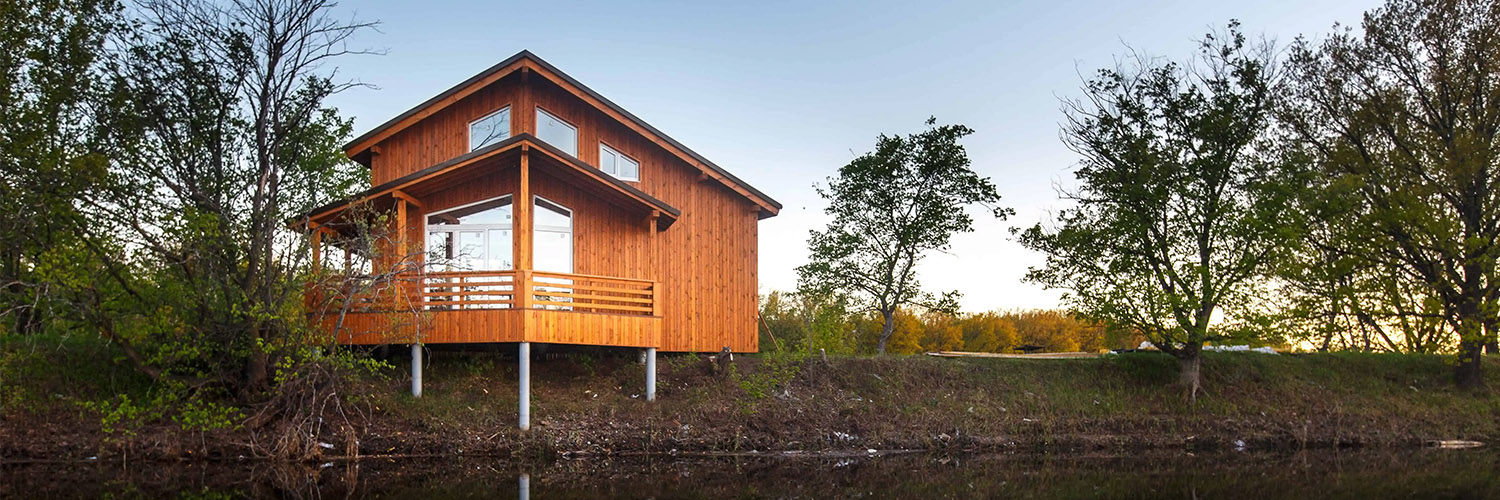
How can Maine homeowners obtain vacation home insurance?
Reach out to the independent agents at Allen Freeman McDonnell Agency for a fast quote on vacation home insurance in Maine. With our expertise and personalized service, you may secure the right coverage to protect your investment and enjoy peace of mind, whether your property is a summer retreat by the coast or a cozy cabin in the woods. Our team understands the unique risks associated with vacation homes in Maine and will work with you to tailor a policy that fits your needs and budget.


